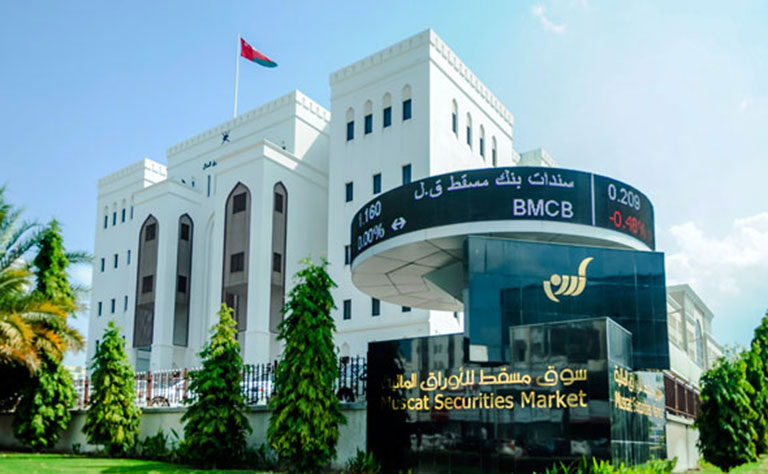
In any country in the 21st century the relationship between the public and private sectors should not only focus on coordinating market-share distribution. Today it has become a necessity to build a symbiotic partnership between the two sectors in order to achieve the nation’s economic and development goals. This partnership should help drive the country’s development programme that can only be successfully implemented when there is complete willingness by both sectors to commit to it.
Until not so long ago, apportionment or separate agendas dominated the work of both sectors. The liberal market policies available to the private sector further drove this apportionment. The result was a private sector whose policies would contradict the state’s public interest in most countries. This skewed scenario called for a thoughtful re-discussion of the policies of both the private and public sectors - especially in the aftermath of the 2008 global financial crisis.
Some countries are now taking greater measures to intervene in shaping private sector policies and pushing to restructure private economic institutions through subjecting them to corporate governance laws. Efforts are also being made to intervene in the allocation of investments across the economic landscape.
The gap in the policies of both sectors lies in their divergent perspectives towards investment goals. The public sector adopts long-term investment policies that are slow to achieve results but sustainable and less risky. On the other hand, the private sector is driven by severe competition among companies aiming to achieve quick high-risk profits that quite often impact social development and economic stability.
We must remind ourselves that achieving sustainable growth is in the greater public interest - even if it is a slow process. Responsible investments that attain real economic growth will generate greater returns over the long term compared to high-risk quick-profit deals. Also, corporations have to be socially responsible towards their surrounding environment - including the workforce and society as a whole. Preserving a healthy ecosystem translates into better trading activities that lead to sustainable employment, steady wages and improved purchasing power.
Although the involvement of many nations in the private sector is limited to issuing laws and legislations that organize the framework of economic activities or impose taxes on revenues, I believe Oman must work to adopt a different approach. It would be most beneficial to initiate a serious and open dialogue among key decision makers in both the public and private sectors. This approach will go a long way in achieving consensus on the development of our economy.
Oman’s private sector has a crucial role to play in the coming years - particularly in light of the declining oil prices. The successful collaboration of private sector industries and the public sector is crucial to our nation’s survival and prosperity in the post-oil era - where we must lay a greater emphasis on agriculture, tourism, industries and services.
The recommendations of the fifth edition of the Oman Economic Forum held on March 23, 2016, may not have directly called for private sector initiatives to invest in the Sultanate’s major government projects. However, the country’s consecutive five-year plans from 1976 until 2020 have clearly indicated that Oman has preserved the private sector’s role in the country - thanks largely to enabling legislations that offer the sector freedom to invest in any economic activity.
To ensure that the country’s public and private sector synergies are based on mutual cooperation, we must develop a program that addresses crucial objectives, which include:
1. Establishing a supreme committee that hosts representatives of both sectors with the participation of notable business personalities and corporations to formulate a vision for future economic activities
2. Encouraging private sector investment in major government projects
3. Directing local and foreign investments according to priorities and development plans as well as opening doors for ongoing conversations among economic stakeholders with regard to these plans
and
4. Developing corporate governance mechanisms that ensure the state’s sovereignty over its national revenue resources as well as responsible practices by companies working in Oman
The current rhetoric of stimulating partnerships between the public and private sectors is more relevant than ever before. Economic crises are inclusive in a globalised economy - they do not impact one single nation. The revival of the global economy will only happen as a natural result of reviving every nation’s economy. This responsibility should not be limited to the public sector or to government policies alone – rather, it should be an imperative for all stakeholders of the economy.
Oman can only continue to remain successful in a post-oil economy if the country’s roles and responsibilities pertaining to development are distributed fairly as well as the resulting rewards. - Exclusive to Times of Oman
The author is the Chairman of National Bank of Oman, Executive Chairman of Investcorp and an International Advisor to the Brookings Instituition. All the views and opinions expressed in the article are solely those of the author and do not reflect those of Times of Oman.